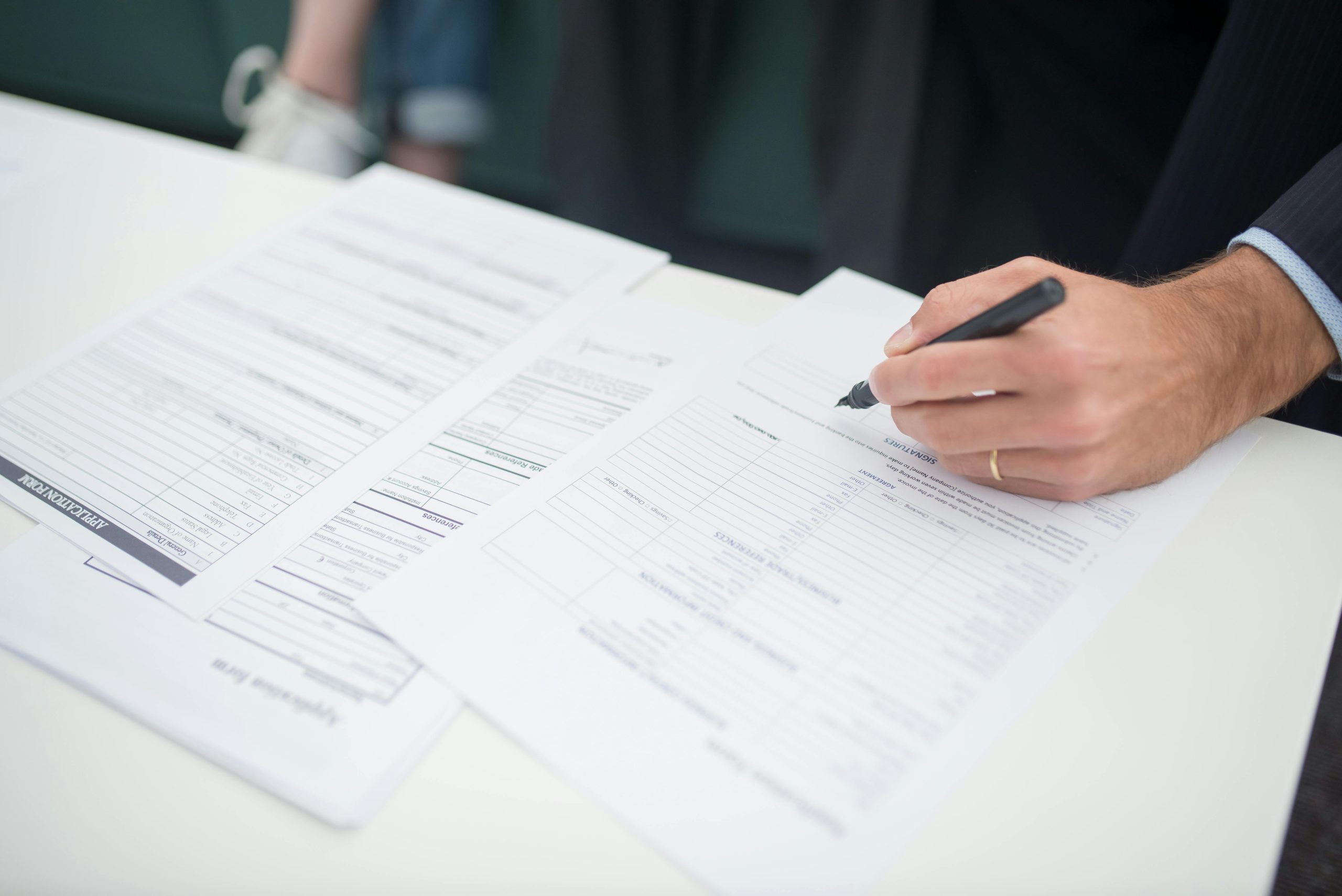Navigating a Minor Collision with an Uninsured and Unlicensed Driver: What Are Your Next Steps?
Experiencing a rear-end collision can be stressful enough, but discovering that the other driver is unlicensed, uninsured, and lacks proper identification complicates the situation significantly. If you’ve been involved in such an incident, it’s crucial to understand your rights and the best course of action to protect yourself financially and legally.
Understanding Your Encounter
Recently, you were rear-ended on a Saturday by an individual who was unlicensed, uninsured, and without valid registration. Fortunately, the incident was minor—resulting only in a scratched or scraped rear bumper. You managed to capture critical evidence, including:
- A video of the accident, showing the license plate, the driver, and a passenger
- Photos documenting the damage
- Contact information for the driver and images of the passenger’s ID
Your insurance provider is GEICO, and you have collision coverage, which can be beneficial in such situations. Currently, body shops are closed, so obtaining an immediate repair estimate isn’t feasible.
Key Questions and Recommended Actions
1. Timing for Claims and Private Settlement
- Can I wait until Monday to get an estimate before filing a claim?
Typically, insurance policies have deadlines for reporting accidents—often within 24-48 hours. It is advisable to notify GEICO promptly, even if you’re waiting on a repair quote. Contact your insurer today to inform them about the incident, clarifying that you’re considering a private settlement but want to keep them informed. This proactive communication can help ensure you stay within policy deadlines and prevent any potential disputes later.
2. Impact on Insurance Premiums and Deductibles
- Am I eligible for the collision deductible waiver since the other driver is uninsured?
Many insurers offer a collision deductible waiver for accidents caused by uninsured drivers, especially if you’re not at fault. Confirm with GEICO whether your policy includes this benefit. Proper documentation and evidence demonstrating your lack of fault can support your eligibility for this waiver, potentially saving you from paying the deductible out-of-pocket.
3. Long-Term Effects on Your Insurance
- Will this incident affect my premiums, even if I am not at fault?
Generally, if you can demonstrate that you were not at fault and have sufficient evidence (such as video footage and photos), the impact on your insurance premiums should be minimal or none. However, if a claim is filed and the insurer deems fault



